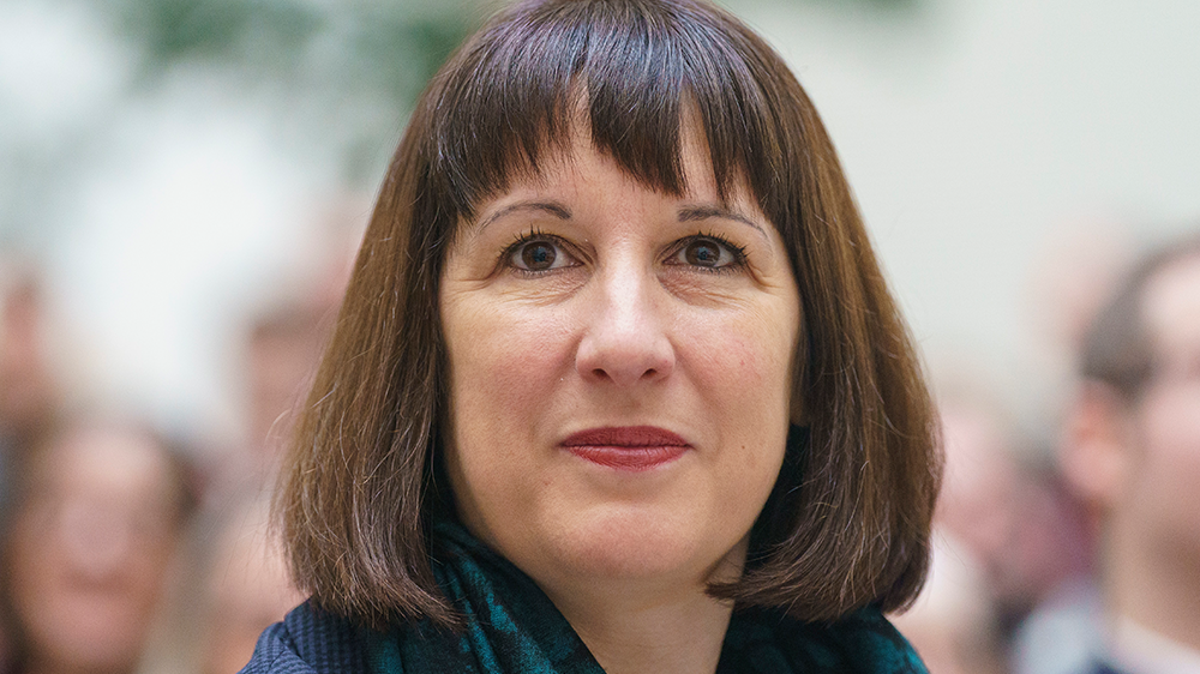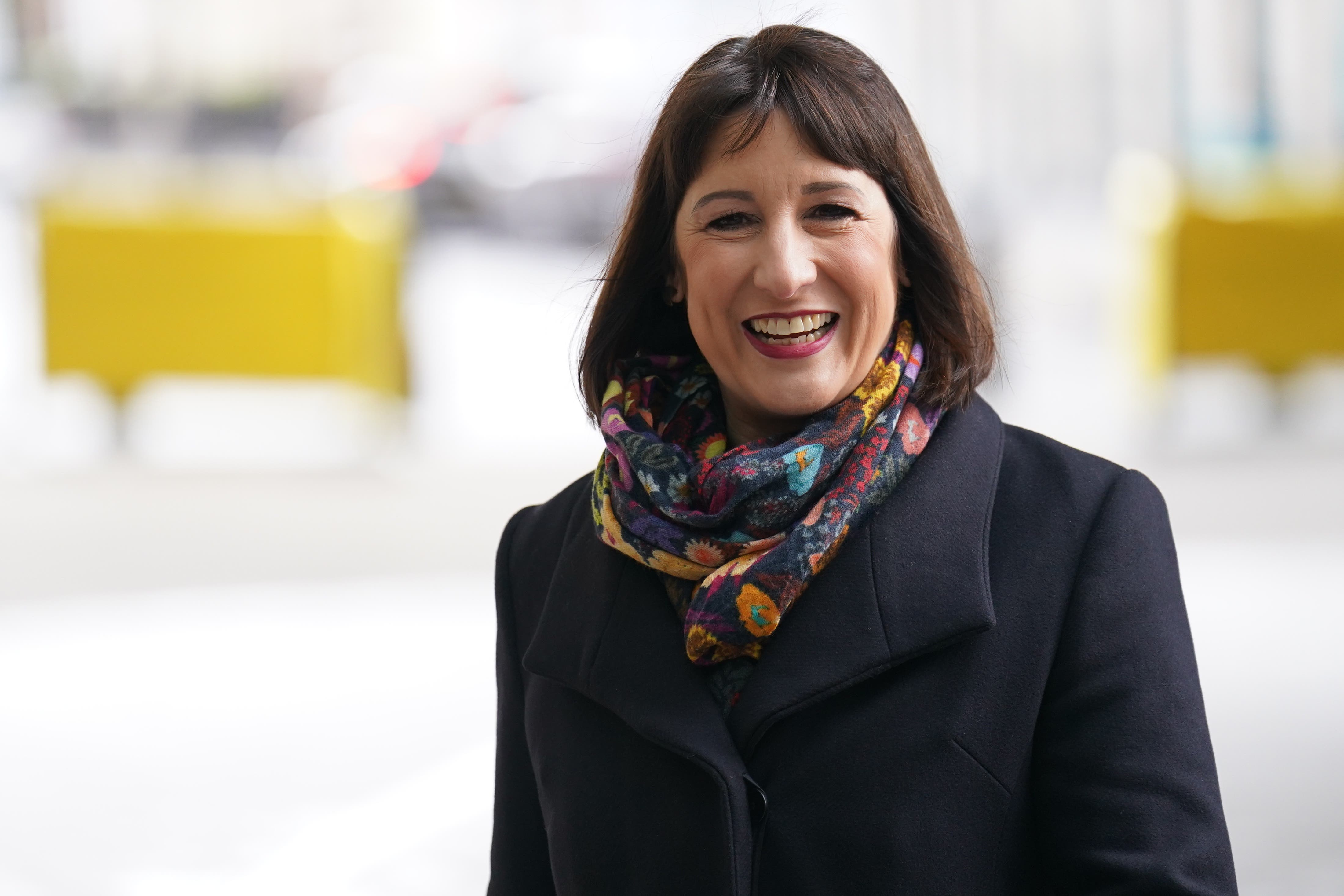
Britain “should be embarrassed” that it has never had a female chancellor, the woman lined up to take the role for the first time has said.
In an interview with The Independent, shadow chancellor Rachel Reeves also insisted that she wants to “smash” glass ceilings and end the gender pay gap.
Unlike other countries, in 800 years the UK has never had a woman serve as chancellor, Ms Reeves said, adding: “Britain should be embarrassed that we have never had a woman in that top finance job here.”
In a wide-ranging interview, she also said that today’s version of the infamous “I’m afraid there is no money” note should consist of “an apology” for making Britons poorer.
And she hit out at the government’s changes to pension tax, which she said would benefit only those with pots 10 times larger than the UK average.
Outlining an electoral divide between the Conservatives and Labour, she has pledged to reverse what she says is chancellor Jeremy Hunt’s “giveaway for the wealthy”.

A new analysis by Labour of data from the Office for National Statistics found that the median private pension pot was just over £110,000, while Mr Hunt has scrapped the tax-free limit for those with pension savings of more than £1.07m.
Ms Reeves accused Rishi Sunak’s government of spending money like “confetti”, and said that an honest Conservative Treasury minister leaving a written message for an incoming Labour government would “apologise”.
She said the note would read: “We’ve made people poorer, and what have we got to show for it? Public services on their knees.”
Earlier this month, Greg Hands, the new chair of the Tory party, tweeted a picture of the now legendary note left in 2010 by the outgoing Labour chief secretary to the Treasury, Liam Byrne, which read: “I’m afraid there is no money.”
But a recent focus group in Swindon found that the note appears to be losing its political potency and risks backfiring, according to organisers More in Common.

Ms Reeves also accused Mr Hunt, who was brought in to steady the ship after last year’s disastrous mini-Budget, of continuing to exacerbate the issue. “It’s sort of like somebody who is digging a hole, and they are now digging it a little bit more slowly than they were before. And so the problem is still getting worse.”
She pointed to warnings of a fall in living standards, saying: “Things are still getting worse for people. [The Tories] may not have used this Budget to actually crash the economy. But people are still seeing their living standards deteriorate.”
On the possibility of becoming the first female chancellor, she said: “There’s been a chancellor of the Exchequer now for just over 800 years, and they’ve always been men. And I think, if you look at the history of women in parliament, it’s always been women who have championed issues that have improved the lives of women.
“Whether it was Barbara Castle and equal pay ... [or] Harriet Harman on tax credits, the history of women in parliament has been about championing women.”

Ms Reeves has commissioned former TUC boss Frances O’Grady to conduct a review for Labour on the gender pay gap, more than 50 years after legislation covering equal pay came into force.
“I want to be the chancellor who closes that pay gap between men and women,” she said.
She added that she is determined to have a childcare system that works for working parents “and particularly mums”, and to be a “role model” for young women.
“There’s never been a woman chancellor, there’s never been a woman governor of the Bank of England, there’s never been a woman permanent secretary of the Treasury, and I want to be the person who changes that.”
She said that “huge progress” has been made, “but there are still glass ceilings I want to smash”, adding that she wants to see “women at the top of all walks of life”.
“That top job in finance, the chancellor, has always been done by a man. But if you look at France, it has had a female finance secretary; the US has ... Britain should be embarrassed that we’ve never had a woman in that finance job here.”







